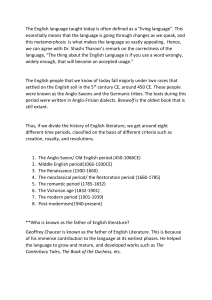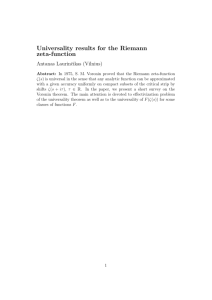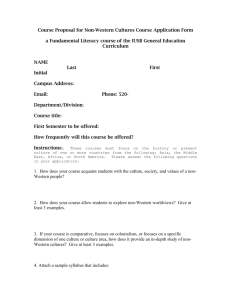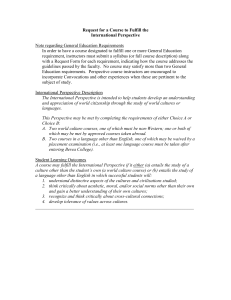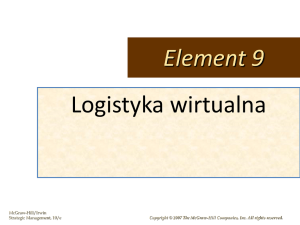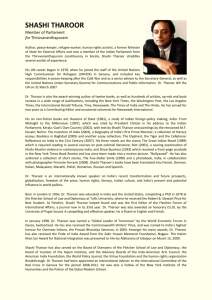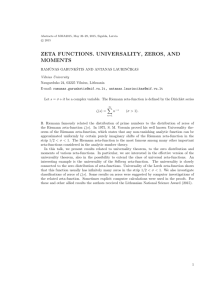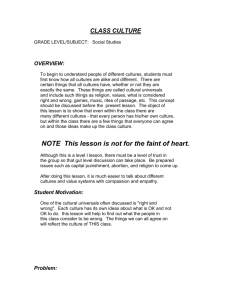CANSU COŞKUN, SEC 10 ''The idea of universal human rights has
advertisement
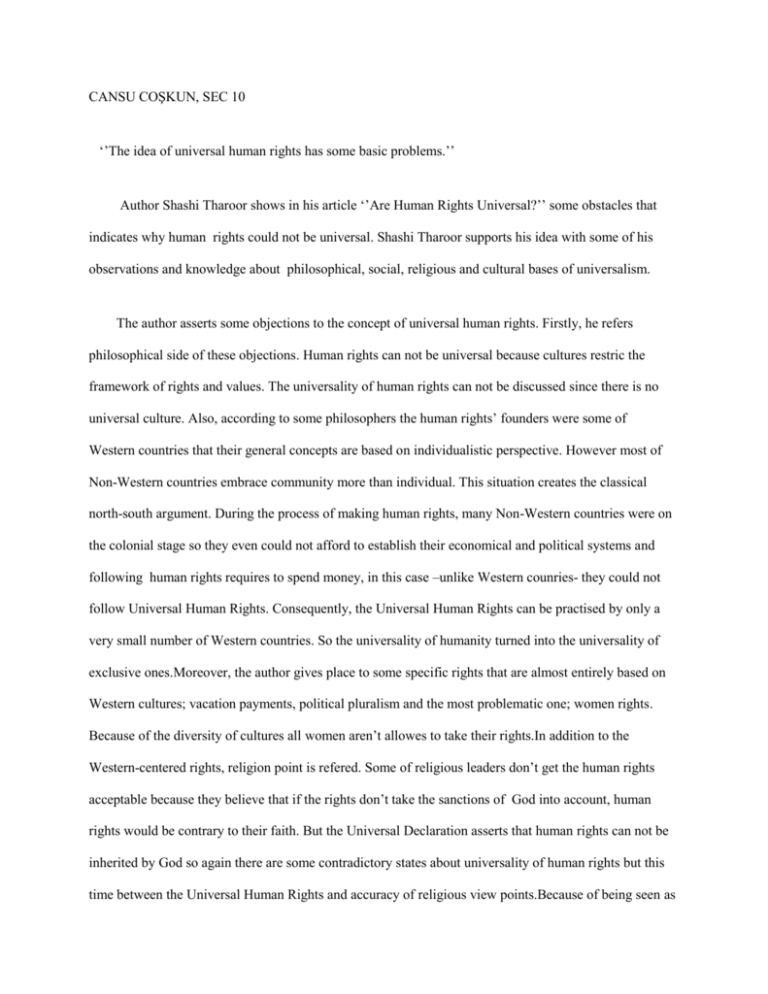
CANSU COŞKUN, SEC 10 ‘’The idea of universal human rights has some basic problems.’’ Author Shashi Tharoor shows in his article ‘’Are Human Rights Universal?’’ some obstacles that indicates why human rights could not be universal. Shashi Tharoor supports his idea with some of his observations and knowledge about philosophical, social, religious and cultural bases of universalism. The author asserts some objections to the concept of universal human rights. Firstly, he refers philosophical side of these objections. Human rights can not be universal because cultures restric the framework of rights and values. The universality of human rights can not be discussed since there is no universal culture. Also, according to some philosophers the human rights’ founders were some of Western countries that their general concepts are based on individualistic perspective. However most of Non-Western countries embrace community more than individual. This situation creates the classical north-south argument. During the process of making human rights, many Non-Western countries were on the colonial stage so they even could not afford to establish their economical and political systems and following human rights requires to spend money, in this case –unlike Western counries- they could not follow Universal Human Rights. Consequently, the Universal Human Rights can be practised by only a very small number of Western countries. So the universality of humanity turned into the universality of exclusive ones.Moreover, the author gives place to some specific rights that are almost entirely based on Western cultures; vacation payments, political pluralism and the most problematic one; women rights. Because of the diversity of cultures all women aren’t allowes to take their rights.In addition to the Western-centered rights, religion point is refered. Some of religious leaders don’t get the human rights acceptable because they believe that if the rights don’t take the sanctions of God into account, human rights would be contrary to their faith. But the Universal Declaration asserts that human rights can not be inherited by God so again there are some contradictory states about universality of human rights but this time between the Universal Human Rights and accuracy of religious view points.Because of being seen as false oppositions of objections, some authoritarians use their cultural differences for their internal issues as a defender versus human rights. But there is a point that they missed, the cultures can never stay stable, they are permanently changing because there is regularly an interaction between tribal traditionas and other nations. Therefore, it is impossible to make human rights that are related to only one state.Furthermore Shashi Tharoor draws attention to the coercion. In some of societies practices such as female circumsion and child marriage are obligatory but when the coersion exist, human rights are violated so these violations should be blamed that’s why the thing in test is coersion not culture.The author indicates that almost all human rights are shaped by authoritarians’ rules and power so these people make these rights however they want, they don’t even consider what these Third World countries say and want, hence this doesn’t also support the idea of universalism.In conclusion, the author emphasizes how this universality issue can be solved in a logical way. He thinks that if our multicultural, diverse world and different approaches can compatible with human rights then we can talk about a real Universal Human Rigth.
